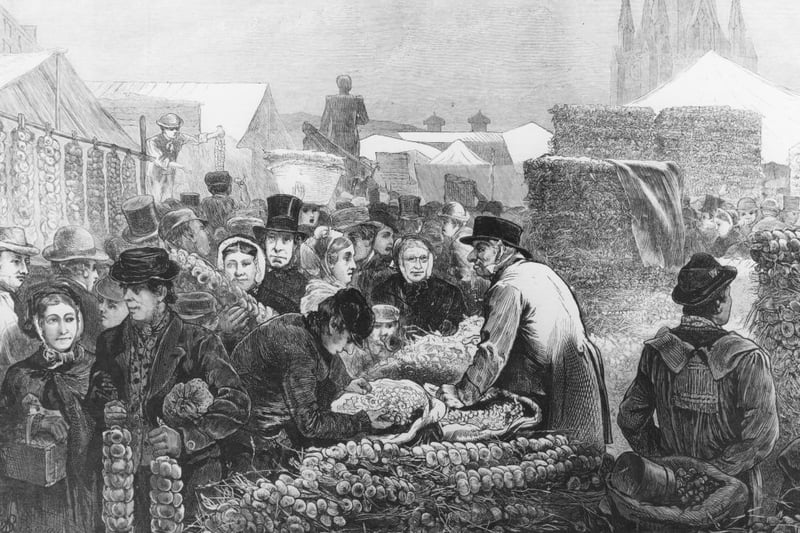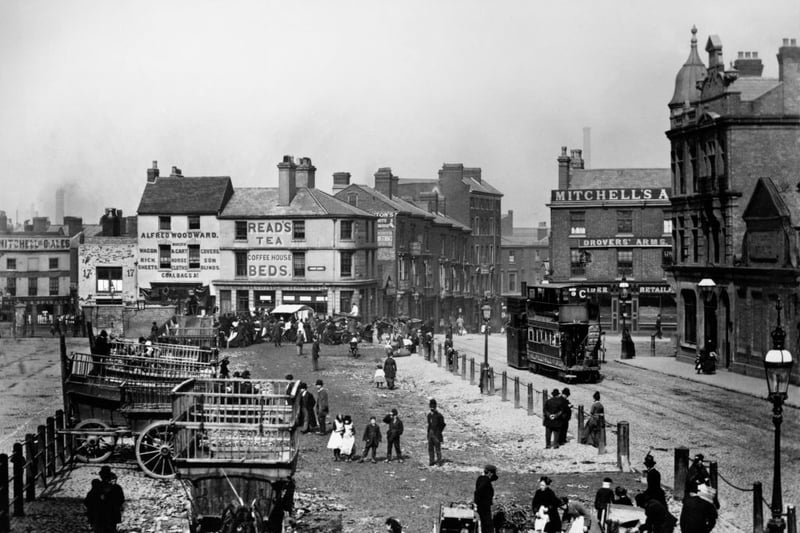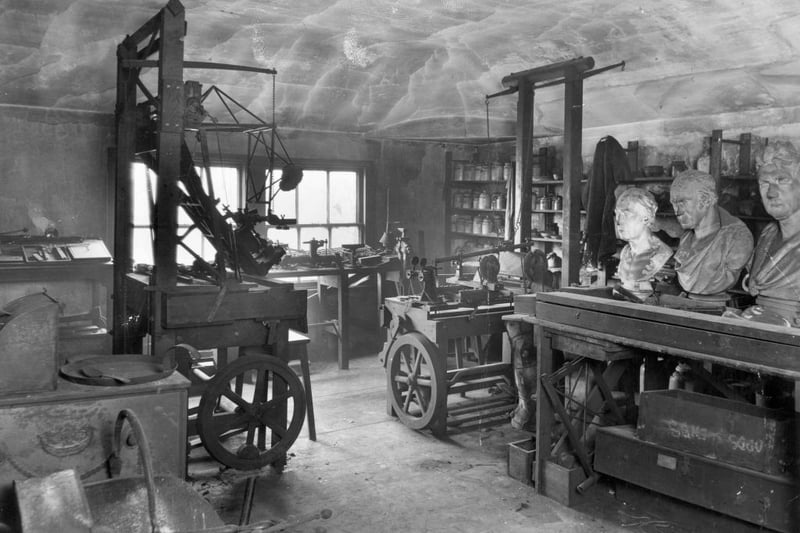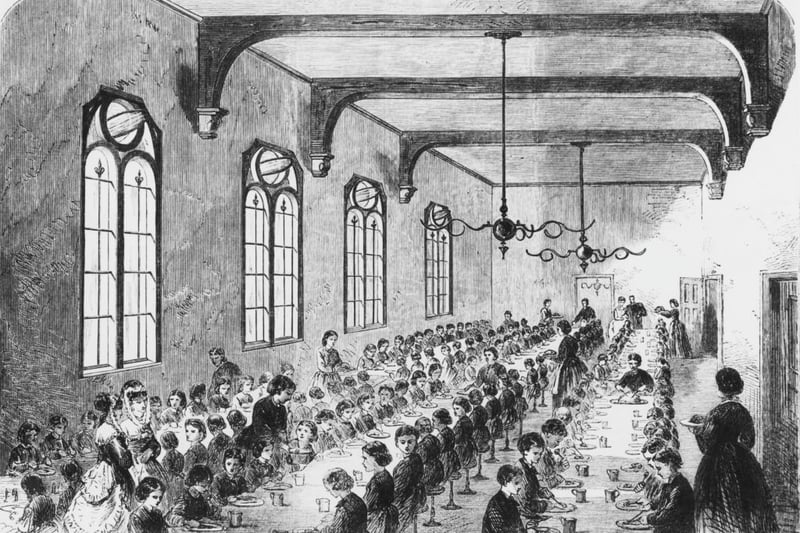This is A Tale of One City – Charles Dickens’ love affair with Birmingham.
The great man simply adored the place and made frequent visits. The industrial landscape even inspired his work, with The Old Curiosity Shop rumoured to have been penned while he was staying at Hill House, West Bromwich.
He describes Birmingham’s cinder tracks and chimneys oozing smoke in the Pickwick Papers. “The streets were thronged with working people. The hum of labour resounded from every house…”
Much has been written about Dickens’ public performance of A Christmas Carol at Birmingham Town Hall on December 27, 1853.
Yet his many other appearances have been forgotten. And, make no mistake, he forged very strong links with our city. Here's five historic reasons why Charles Dickens (b. 1812 d. 1870) loved Birmingham:

1. Charles Dickens loved Brummies
Dickens was an adopted Brummie. He felt at home here, he admired the people. He admitted as much, telling an audience gathered at the Birmingham and Midlands Institute on September 27, 1869: “I bear an old love towards Birmingham and Birmingham men. I have said that I bear an old love towards Birmingham and Birmingham men; let me amend a small omission and add ‘and Birmingham women’.” He confided to a friend: “The good people of Birmingham seemed to understand everything, respond to everything and misinterpreted nothing.” Here's a picture of traders and customers at the Onion Fair, Birmingham, September 1872. (Photo by Hulton Archive/Getty Images)

2. A mutual bond
The feelings were mutual. In January, 1853, the city presented Dickens with a ring. “I shall remove my old diamond ring from my left hand,” he said, “and in future wear the Birmingham ring on my right, where its grasp will keep me in mind of the good friends I have here.” After all those years, the words still make you proud to be a part of the city. Here's a picture of Smithfield Market, Birmingham circa 1890s. A steam tram travels down Moat Row towards Smithfield Street. Moat Lane is to the left with the Drovers Arms to the right on the corner of Bradford Street. Artist Unknown. (Photo by English Heritage/Heritage Images/Getty Images)

3. Birmingham inventions and enterprise
Charles Dickens appears to have made his first public speech here in aid of Birmingham Polytechnic Institution on February 28, 1844. Dickens told those present: “I found my strong conviction, in the second place, upon the public spirit of the town of Birmingham - upon the name and fame of its capitalists and working men; upon the greatness and importance of its merchants and manufacturers; upon its inventions, which are constantly in progress; upon the skill and intelligence of its artisans, which are daily developed; and the increasing knowledge of all portions of the community.” Here's a picture of the workshop of steam engineer and inventor James Watt (1736 - 1819) in Heathfield, Birmingham, where he lived from 1790 until his death. (Photo by Hulton Archive/Getty Images)

4. Promoting education for all classes
Dickens played a part in local social welfare, becoming president of the Birmingham and Midland Institute - an organisation dedicated to promoting education for all classes - in 1869, a year before his death. His work with the institute brought him here time and again – but not solely to deliver speeches. Here's a picture of children in the dining hall of the orphanage, founded by philanthropist Josiah Mason, at Erdington, Birmingham, 1869. (Photo by Hulton Archive/Getty Images)
